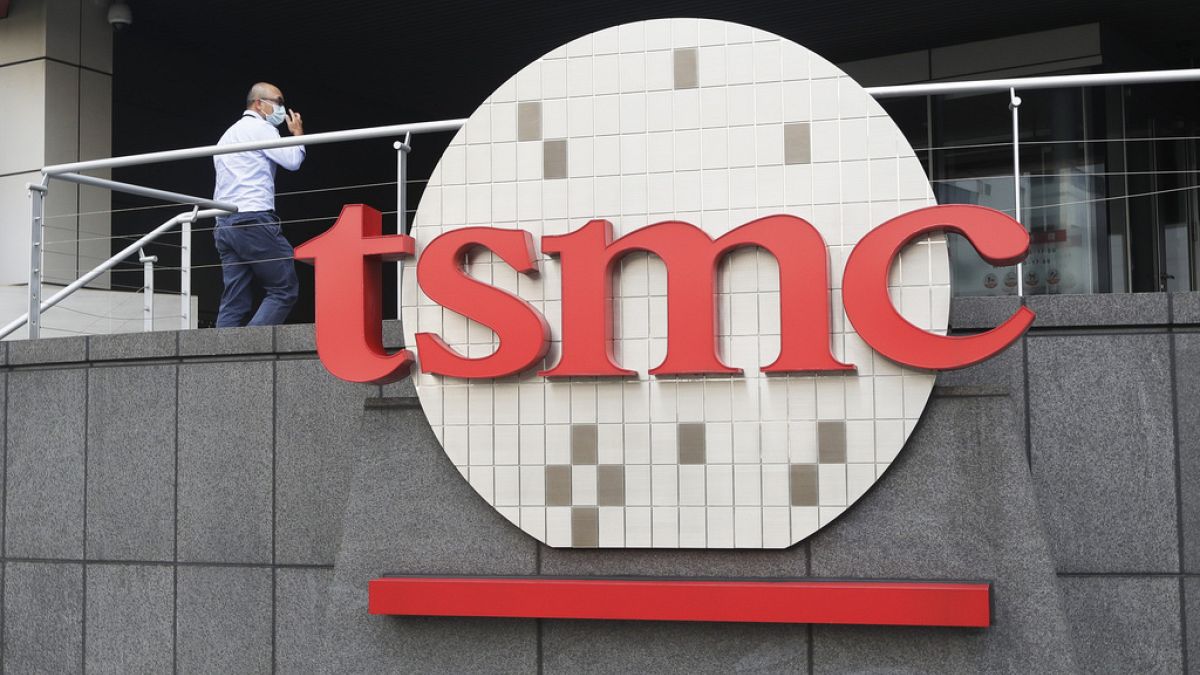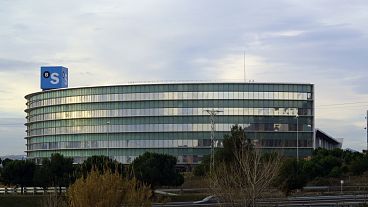The world’s largest chipmaker recorded a rise in first-quarter income and revenue, driven by demand for AI-related chips.
Taiwan Semiconductor Manufacturing Company (TSMC) beat market expectations on Thursday as it announced a net income of 225.49 billion New Taiwan dollars (€6.52 billion).
The result, representing the firm’s first quarterly profit rise in a year, is up from a forecast of NT$213.59 billion (€6.18 billion).
TSMC’s net revenue, the money made before deducting expenses, came in at NT$592.64 billion ($18.87 billion), also beating an expected figure of NT$582.94 billion ($16.86 billion).
The strong results were partially driven by demand for chips used in AI applications.
During an earnings call on Thursday, CEO C.C. Wei said he expected this interest to continue over the coming year, estimating that TSMC’s revenue from server AI processors would jump by more than 50% in 2024.
TSMC’s results come at a mixed time for chip companies.
According to the Semiconductor Industry Association, global semiconductor sales totalled $526.8 billion (€494.9 billion) in 2023, a decrease of 8.2% compared with the figure recorded in 2022.
This downturn can largely be explained by over-enthusiastic stockpiling.
As electronic makers struggled to source enough chips during the pandemic period, they were subsequently driven to over-order, dampening demand for components when the economy began to stabilise.
TSMC has also had to contend with two other challenges.
Earlier this month, the chipmaker briefly halted operations in Taiwan after the island was hit by an earthquake, although the firm claims the impact has been minimal.
A slump in the smartphone market has also threatened the semiconductor industry.
Although demand is now again on the rise, global smartphone sales declined for 27 consecutive months up until October last year.
Meanwhile, ASML, a firm which makes the machines needed to create computer chips, shared mildly disappointing results yesterday.
The Dutch group, like TSMC, nonetheless hopes that AI-related demand can help to drive up profits over the coming year.



